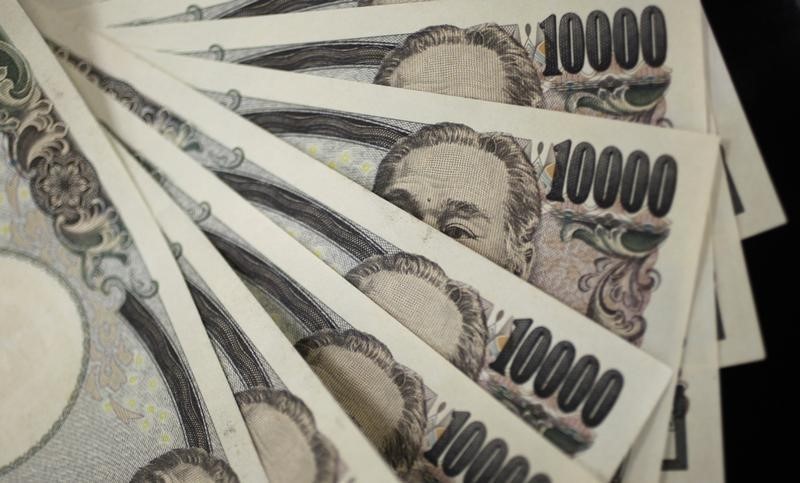Michigan survey ahead; Applied Digital surges; gold dips - what’s moving markets
By Ambar Warrick
Investing.com-- Most Asian currencies sank to multi-year lows on Wednesday as investors awaited an interest rate hike and more hawkish signals from the U.S. Federal Reserve later in the day.
The Philippine peso was among the worst performers, down 0.6% to a record low, while the Malaysian ringgit fell 0.2% to its weakest level in 25 years.
The Japanese yen hovered just below a 24-year low, while the Indian rupee briefly crossed 80 to the dollar, coming close to a record low.
U.S. Treasury yields and the dollar were buoyant as markets anticipated an at least 75 basis point hike by the Fed at the conclusion of a two-day meeting later in the day. Hotter-than-expected U.S. inflation data last week also saw traders begin pricing in the slim possibility of a 100 basis point hike.
The dollar index and dollar index futures both traded just below 20-year highs, with U.S. interest rates now expected to end the year well above 4%. This would put them at highs seen around the 2008 financial crisis.
Asian currencies have fallen sharply this year as a series of rate hikes by the Fed narrowed the gap between risky and low-risk debt. Increasing fears of a global economic recession, as inflation surged, have also severely dented appetite for high-yield, risk-driven assets.
Investors will be watching for cues from the Fed on its plans for future rate hikes, as well as the central bank’s outlook on inflation, to gauge how much pressure regional markets will face for the remainder of the year. The Fed has signaled that it intends to keep raising rates until inflation shows clear signs of falling within its target range.
China’s yuan fell 0.4% to an over two-year low. Fresh losses in the currency were spurred by a European industry group warning over China’s viability as an investment destination amid continued disruptions from COVID-linked lockdowns.
The yuan is one of the worst-performing Asian currencies this year, marred largely by China’s reluctance to scale back its zero-COVID policy, which ground economic activity to a halt.
